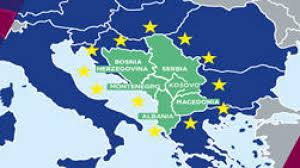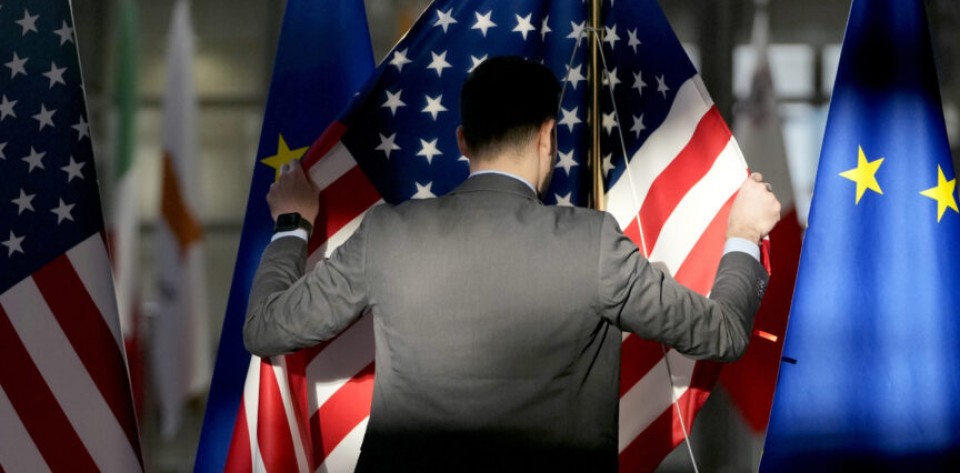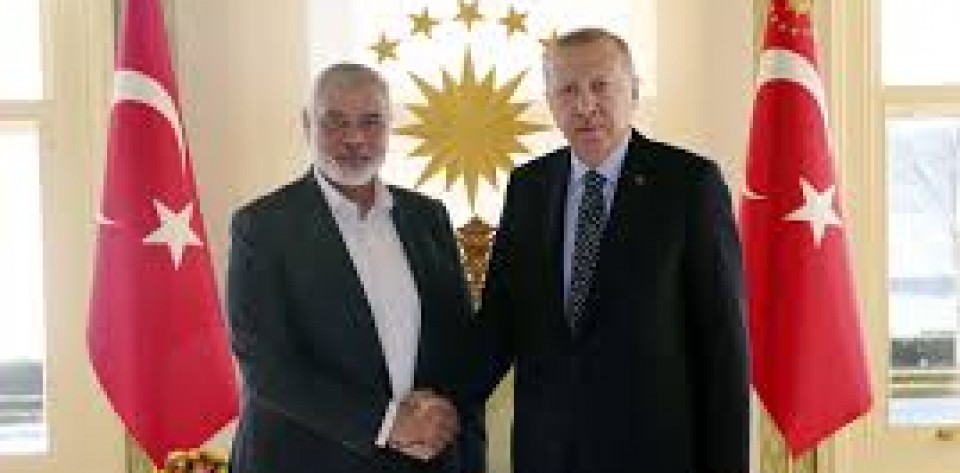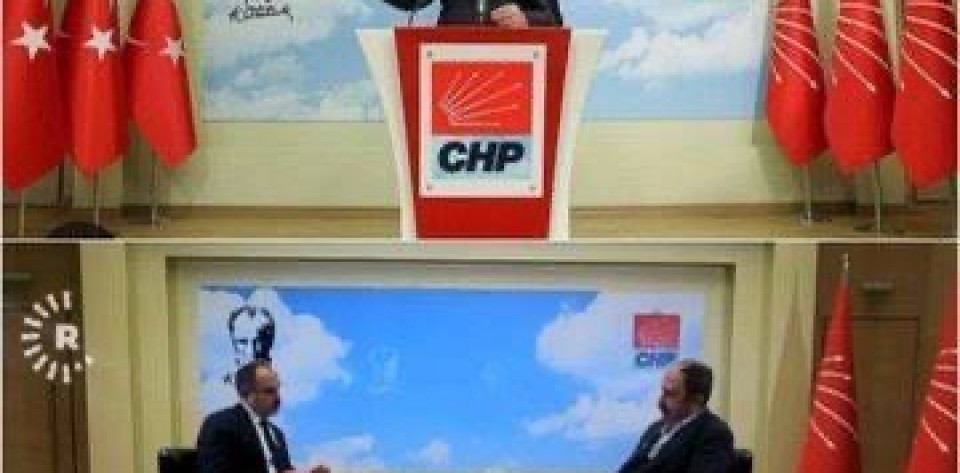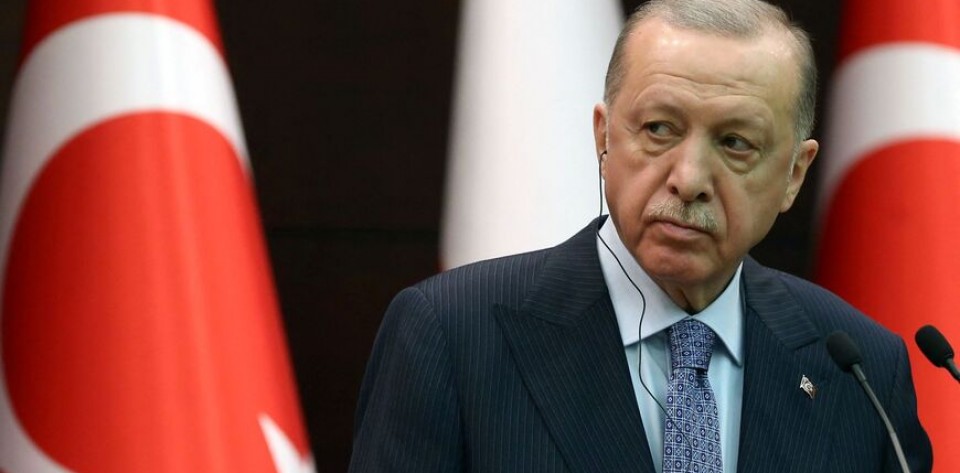EU will be focusing on recovering but enlarging its economy. Thus, will force the candidates to halt the reforms and even facing undoing them. Moreover, US, Russia, China and even Turkey will be active in the region seeing EU disappearing presence as an opportunity to assert their own influence in the Balkans.
EU will be limited to use financial resources as a tool of foreign policy tools. And that is what most Balkan nations need to access at this moment. In lack of such tool, Balkan nations will turn their attention to countries which might give their needs in different terms. Serbia is a part of China’s Belt and Road Initiative and has expressed interest in receiving Chinese investment. In Montenegro, the alliance of opposition parties won the general elections in August and they pledge for closer cooperation with Russia. Turkey has been financing healthcare, cultural projects and educational project with Albania, Kosova and Bosnia which held large Muslim populations. US acts like mediator between Serbia and Kosovo which gives leverage to assert influence in the region.
It is likely that less conditional cooperation could prompt countries in the Balkans to slow the pace of economic and political reforms. Moreover, it has the risk of turning to nationalist and populist policies. While this might increase the corruption, weak rule of law and lack of transparency in the democratic institutions, it cannot be even compared with the risk unresolved territorial disputes and growing nationalism in respective countries. If this is to happen, it might create regional instability in the region.

